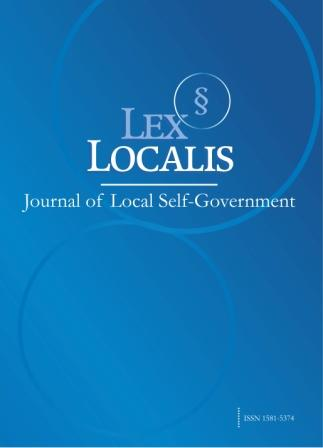LOCAL SELF-GOVERNMENT AND ITS ROLE IN MANAGING PUBLIC TRANSPORTATION SYSTEMS TO IMPROVE URBAN MOBILITY
DOI:
https://doi.org/10.52152/Keywords:
local self-government, urban mobility, public transportation management, sustainable transport, decentralized governance, smart transport solutions, community participation, urban infrastructure, transport policyAbstract
Local self-government plays a critical role in shaping efficient, sustainable, and inclusive urban mobility. By being closer to the community, local authorities can better identify transportation needs, address traffic congestion, and implement policies that cater to regional priorities. Their responsibilities often include managing public transit networks, coordinating with private operators, introducing eco-friendly transport solutions, and ensuring equitable access for all citizens. Effective governance enables the integration of smart technologies, real-time data monitoring, and infrastructure improvements to enhance commuter experience. With decentralization, decision-making becomes more responsive and transparent, fostering community participation.This localized approach ensures public transportation systems are both adaptive and future-ready, contributing to economic growth, environmental sustainability, and overall quality of urban life.
Downloads
Published
Issue
Section
License
Copyright (c) 2025 Lex localis - Journal of Local Self-Government

This work is licensed under a Creative Commons Attribution-NonCommercial-NoDerivatives 4.0 International License.








